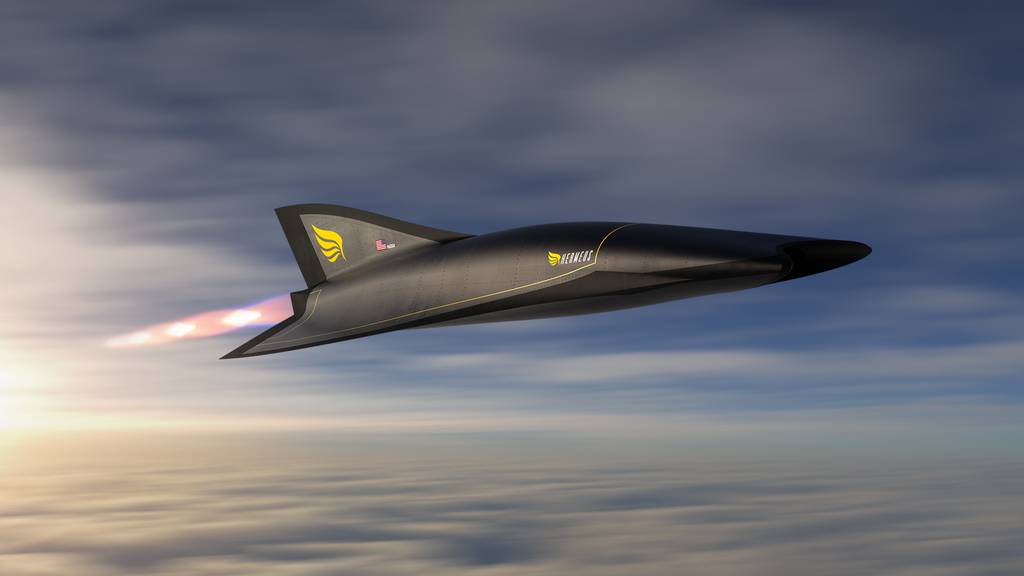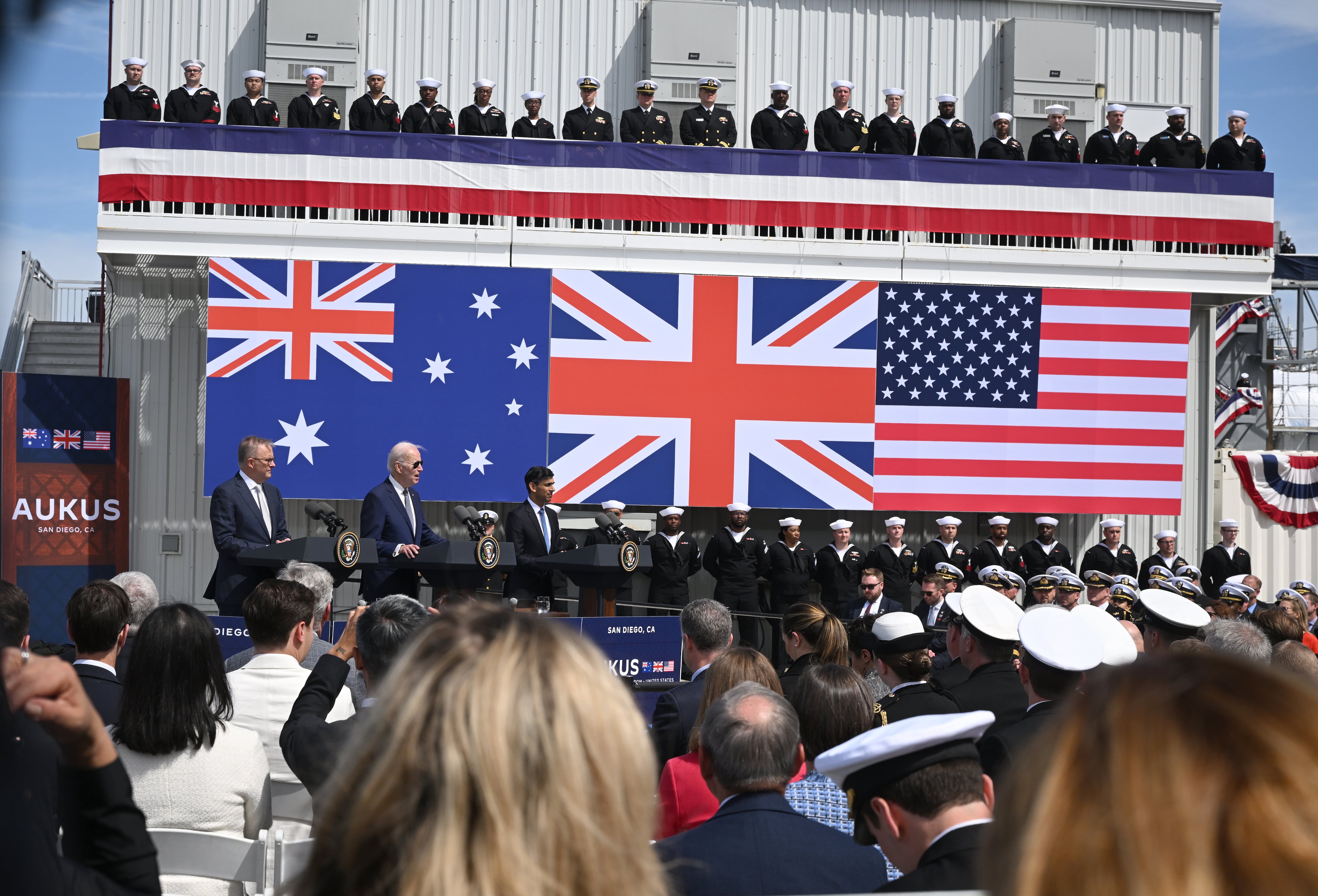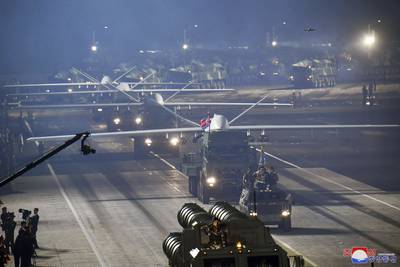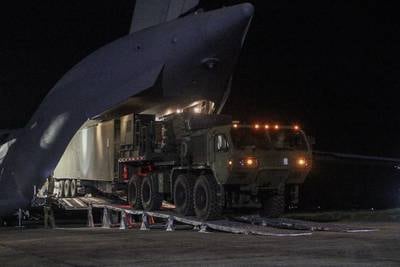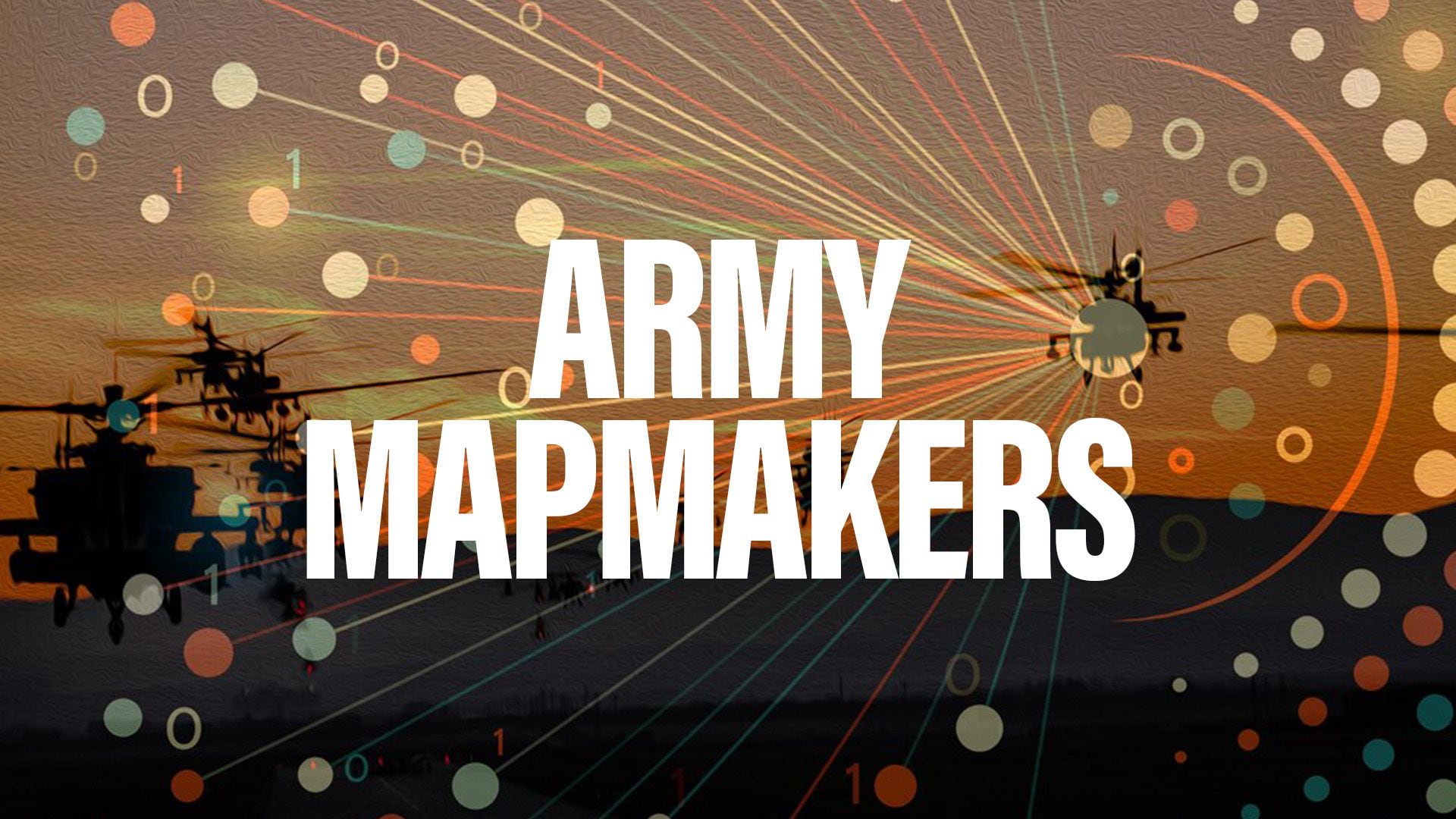WASHINGTON — The U.S. Department of Defense is seeking to leverage private investment in commercial hypersonic vehicle technology to demonstrate a high-speed test aircraft.
The Defense Innovation Unit published a notice this week seeking proposals from commercial industry for a hypersonic test vehicle to help alleviate the strain on the Pentagon’s testing infrastructure through a program called Hypersonic and High-Cadence Airborne Testing Capabilities, or HyCAT. The organization, which works with non-traditional companies to push commercial technology to military users, plans to select providers by the end of this year and aims to fly the aircraft sometime in the next two years, according to a Sept. 1 posting.
DoD is on track to spend about $15 billion between 2015 and 2024 developing hypersonic systems, which can fly at speeds greater than Mach 5, or about one mile per second. That investment is spread across about 70 programs led by the military services and their research labs, which are largely testing weapon systems, but are beginning to consider the technology for high-speed cargo transport and presidential airlift applications.
Testing infrastructure has been a significant limiting factor in the development process, with most major programs conducting only a few trials each year. Barry Kirkendall, DIU’s technical director for space, told C4ISRNET in a Sept. 1 interview that the ideal testing cadence for these programs is closer to one flight per week.
The goal of HyCAT, he said, is to help push the department toward that target using commercial technology to free up some of that infrastructure and leverage the test aircraft to validate new materials and systems. The program is not only seeking air vehicle designs, but is also interested in associated technologies, like hypersonic propulsion systems and advanced materials.
“This whole effort is to try to innovate and get past some of these log jams that we have that have been building up over the last decade or so,” he said.
For HyCAT, DIU is partnered with the office of the principal director for hypersonics, which falls under the Undersecretary of Defense for Research and Engineering. Kirkendall said the research and engineering office approached DIU in March — about a month after senior Pentagon leaders met with industry executives to discuss impediments to fielding these capabilities — to explore opportunities to work with commercial companies who are advancing hypersonic technology with private investor funding.
“Here at DIU, we’ve made a lot of good things happen with investor money,” Kirkendall said, noting that not only does HyCAT help address DoD’s testing issues, it strengthens its relationship with the commercial hypersonics market.
HyCAT is open to international industry, he said, adding that the organization expects to see interest from companies in Japan, Australia, Norway and India.
Ryan Weed, DIU’s program manager for HyCAT, said there has been some skepticism within the department about whether there is a real commercial market for hypersonic technology, but he thinks that mindset is changing. One sign of that shift is a $60 million deal the U.S. Air Force struck in 2021 with Atlanta-based startup Hermeus Corporation to support the company’s development of a hypersonic passenger vehicle. The service has said the work could inform plans for future high-speed cargo or presidential transport aircraft.
“I think the fact that they put money towards this and are getting serious about possibly supporting a program of record in this area,” he said in the same Sept. 1 interview. “I think that’s a huge shift in mindset.”
Weed said he expects the number of companies interested in the project to land “in the dozens.” DIU expects to choose multiple providers, but he said the full scope of the effort and the cost to the department will depend on the responses.
“We’re kind of like, ‘We want to tag along with you, but we don’t want to drive the boat,’” he said. “We’re not trying to develop a program that only has military applications and is only supported financially from the DoD.”
HyCAT is one of three new hypersonics-focused projects at DIU. Weed declined to discuss the other opportunities in detail, but said they will likely be announced fairly soon and center more on technology development and exploration of new concepts for operating hypersonic systems.
Courtney Albon is C4ISRNET’s space and emerging technology reporter. She has covered the U.S. military since 2012, with a focus on the Air Force and Space Force. She has reported on some of the Defense Department’s most significant acquisition, budget and policy challenges.
